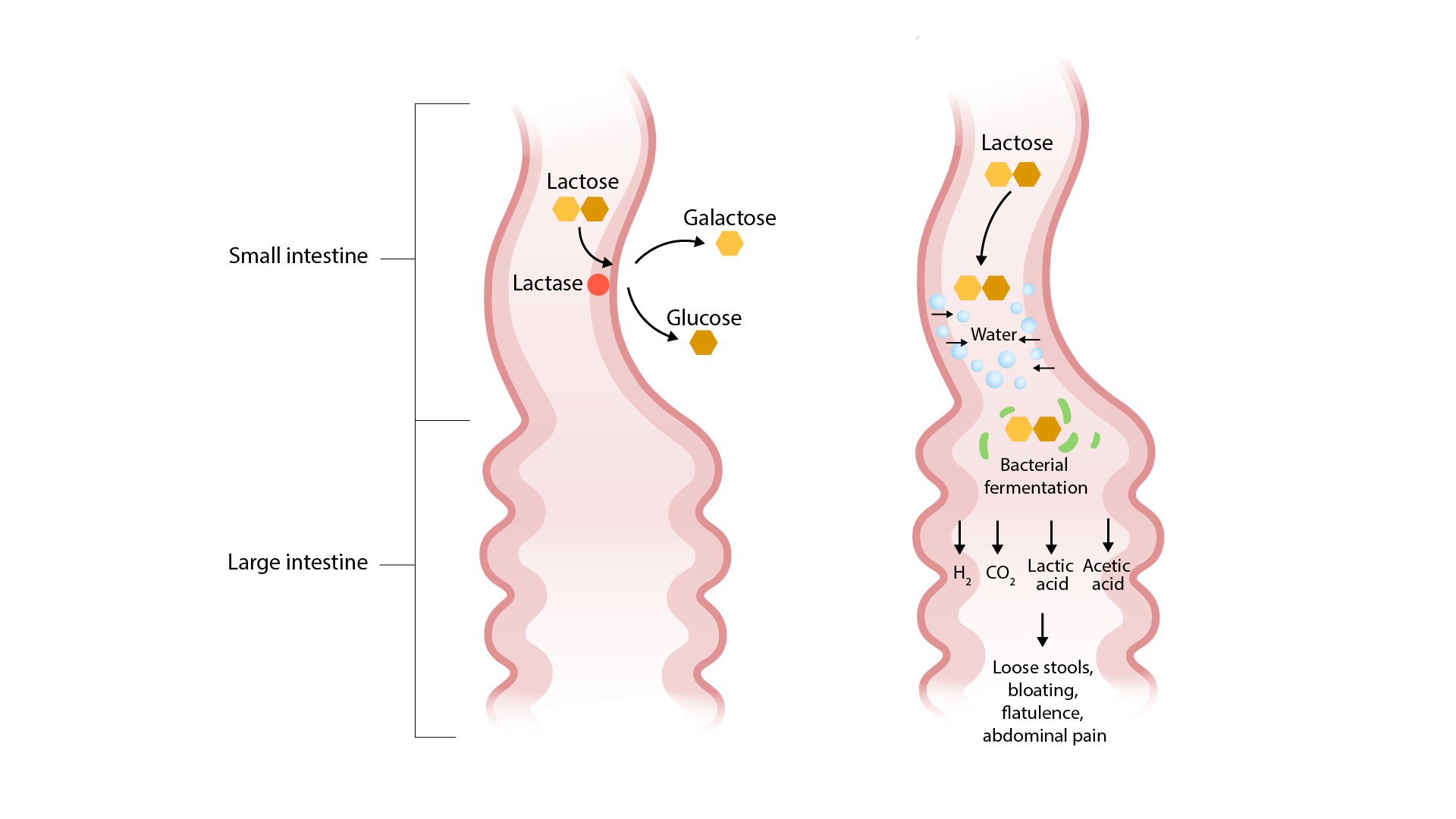Playlist
Show Playlist
Hide Playlist
GI Case: 35-year-old Woman Complaining of 5 Days of Diarrhea
-
Slides Gastroenterology 02 Diarrhea.pdf
-
Reference List Gastroenterology.pdf
-
Download Lecture Overview
00:00 So now, let's begin with a case. 00:03 A 35-year-old woman presents complaining of 5 days of diarrhea. 00:08 She has had 5 bowel movements a day since returning from a vacation in Mexico. 00:13 She has mild abdominal cramping but no fever, blood in the stool or vomiting. 00:19 She has not taken any recent antibiotics and takes no medications. 00:23 On exam, she is afebrile, heart rate of 100, her blood pressure is 112/65 and her abdomen is soft and non-tender. 00:34 So we are asked, what is the most appropriate management? Let's look at some key clues in this case. 00:41 She has acute diarrhea, it's 5 days with a recent travel history which may be a clue. 00:48 Her review of systems is fairly unremarkable and her heart rate being a little high at 100 may show that she has mild hypovolemia. 01:00 So before we answer this question, let's talk about your general approach to the patient presenting with diarrhea. 01:06 When I see a patient with diarrhea, I always want to ask how long the symptoms have been occurring for. 01:13 Another thing that is important to ask is how often the stools are happening and what are the characteristics of that stool. 01:22 I also wanna ask about any associated symptoms. 01:25 So, is there fever present? Does the patient have abdominal pain or have they lost weight due to their diarrhea? The next thing I can ask is to probe a little bit to see if the patient has any signs of hypovolemia. 01:39 So patients may describe a decline in their urine output or dizziness with standing which may be a sign that they have orthostatic hypotension. 01:49 And lastly but probably the most important is to ask about the patient's recent exposures. 01:55 So you wanna ask about what they ate recently. 01:58 Have there been any unusual foods or undercooked foods that they have eaten? What do they do for work? Where have they traveled recently, whether inside or outside of their home country? Do they have any pets or animal exposures that might suggest different types of diarrhea? And what do they do for their hobbies? And lastly, you always wanna ask where they live. 02:21 These can all help you to determine the most epidemiological, common illnesses that may contribute to their diarrhea. 02:31 The next thing you'll always want to ask about are alarm features in acute diarrhea. 02:37 So, you want to rule out any severe abdominal pain, fever, the presence of bloody stool, recent hospitalizations or antibiotic use, and this specifically places patients at risk for developing an infection called Clostridium difficile. 02:55 and if your patient belongs to any special populations. 02:59 So are they elderly, immunocompromised for some reason? Do they have a known history of inflammatory bowel disease, or are they pregnant? These alarm features are important to ask about because if you can make sure that none of these features are present, then you do not need to do lab studies for acute diarrhea. 03:21 So let's get to the causes of acute diarrhea. 03:24 In developed countries, the most common causes are viral gastroenteritis or food-borne illnesses. 03:30 There are many different organisms that can cause acute diarrhea including viral organisms such as norovirus and rotavirus. 03:38 Many different bacteria can cause limited episodes of acute diarrhea including Salmonella and Shigella and the others listed here. 03:47 and you may also have protozoal infections like Cryptosporidia and Giardia that can lead to acute diarrhea. 03:54 Over here on the right, you can see a limited list of the organisms that are associated with bloody or invasive diarrhea. 04:03 This is a list that you should commit to memory. 04:05 So, most episodes of acute diarrhea are self limited and thus they do not require lab testing. 04:12 For these patients, you can treat them with supportive care and giving oral rehydration therapies. 04:19 However, if your patient has one or more of those alarm features that we reviewed, you should consider giving empiric antibiotics if you suspect a bacterial infection. 04:29 So, some of the signs you may watch for are: severe disease with a fever, more than 6 stools a day or signs of volume depletion, or if the patient has bloody stools in the presence of fever or if they are a typically vulnerable patient. 04:46 So if their age is greater than 70 or if they are immunocompromised. 04:51 So now that we've reviewed that, let's return to our case. 04:54 We have a 35-year-old woman who's presenting with acute diarrhea, with a recent travel history to Mexico. 05:01 Her review of systems is unremarkable and now we know that she has no alarm symptoms for invasive diarrhea. 05:08 In addition on her physical exam, she has signs of mild hypovolemia. 05:12 So, we can now put these altogether and make the diagnosis of acute diarrhea likely from a food-borne illness due to her recent travel. 05:22 Now, what is the most appropriate management? Because she has no alarm features present, we can manage her with supportive care and oral rehydration therapy.
About the Lecture
The lecture GI Case: 35-year-old Woman Complaining of 5 Days of Diarrhea by Kelley Chuang, MD is from the course Approach to Patients with GI Symptoms.
Included Quiz Questions
Which of the following is the best next step in the management of acute diarrhea with no alarm symptoms?
- Oral rehydration therapy
- Empiric antibiotics
- Proton pump inhibitors
- Antacids
- NSAIDs
Which of the following is associated with bloody diarrhea?
- Shigella
- Norovirus
- Rotavirus
- Giardia
- Enterotoxigenic Escherichia coli
Which of the following clinical manifestations is one of the alarm signs or symptoms of acute diarrhea?
- Bloody stool
- Watery stool
- Dry mouth
- Dizziness
- Sunken eyes
Customer reviews
3,0 of 5 stars
| 5 Stars |
|
0 |
| 4 Stars |
|
1 |
| 3 Stars |
|
0 |
| 2 Stars |
|
1 |
| 1 Star |
|
0 |
The case was explained well and the reasoning for the management explained so it is much more memorable.
Very general video, I feel a little offended because of the low quality of the description given by the lecturer.




